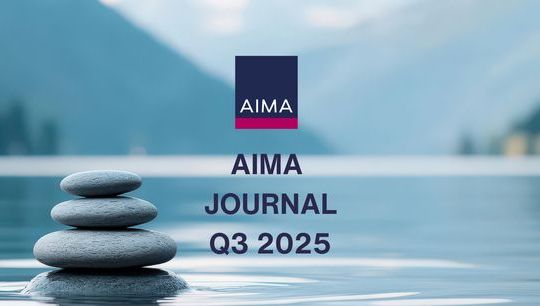Carried Interest Taxation Reform in Autumn 2024 Budget
Published: 01 November 2024
The Autumn 2024 Budget included a new approach to the taxation of carried interest, in response to a call for evidence. The changes include a package of reforms scheduled for April 2026, immediate rate adjustments, and a consultation on additional qualifying conditions. An overview of these changes are as follows:
Key Decisions:
Immediate Rate Changes: To bridge the period until the new framework launches, capital gains tax rates on carried interest will temporarily increase to 32% for gains arising from April 2025 onward.
Revised Tax Framework: Effective April 2026, carried interest will be taxed as trading profits under the Income Tax framework, with special computational rules applying a 72.5% multiplier to qualifying carried interest. This aims to reflect carried interest’s long-term investment nature and ensure that fund managers’ tax rates align with the economic characteristics of these rewards.
- Income Tax Regime Changes: Carried interest will now be taxed as trading profits, with no capital gains tax or additional income tax charges, simplifying the current system and removing the need to assess the underlying nature of each sum received.
- IBCI Rule Amendments: The Income-Based Carried Interest (IBCI) rules will be amended to remove exclusions for employment-related securities, ensuring consistent application across all fund managers.
- Territorial Scope: For non-UK residents, carried interest will be subject to Income Tax only on the portion related to services performed in the UK, mirroring the approach taken under Disguised Investment Management Fee (DIMF) rules.
- 4-Year Foreign Income and Gains (FIG) Regime: Beginning April 2025, a new FIG regime will replace the remittance basis for taxation of foreign income and gains. Carried interest related to foreign services will qualify for FIG relief where applicable.
Stakeholder Feedback and Government Response:
- Responses Overview: Stakeholders emphasised the importance of a regime that enhances the UK’s appeal in asset management and urged that any new rules be clear and proportionate. Many expressed preference for a system that recognises carried interest as a form of investment return and warned against taxing it as regular employment income.
- Government’s Position: The government agrees on the need for a simplified yet fair approach. The new rules will retain core definitions within existing carried interest legislation but eliminate the ability for fund managers to opt out of Income-Based Carried Interest (IBCI) rules by structuring returns as employment-related securities.
New Consultation on Qualifying Conditions:
The government is also exploring additional qualifying conditions to ensure that preferential tax treatment aligns with long-term investment. A consultation, open until 31 January 2025, will assess the viability of:
- Minimum Co-Investment Requirements: This would require fund managers to have a financial stake in the funds they manage, measured potentially at a team level to avoid penalising junior managers.
- Holding Period: A condition based on a minimum time from award to payout, to better match the intended long-term nature of carried interest.
Next Steps:
A working group will be established to refine technical and legislative details, while draft legislation is expected during 2025, allowing further stakeholder engagement prior to enactment in April 2026. Interested parties may join the consultation or apply to the working group by contacting [email protected].
AIMA/ACC will be participating in the HMRC working group and plans to respond to the consultation. If you would like to take part in our working group discussions or have any questions please contact Nicholas Smith ([email protected]) or Paul Hale ([email protected]).









